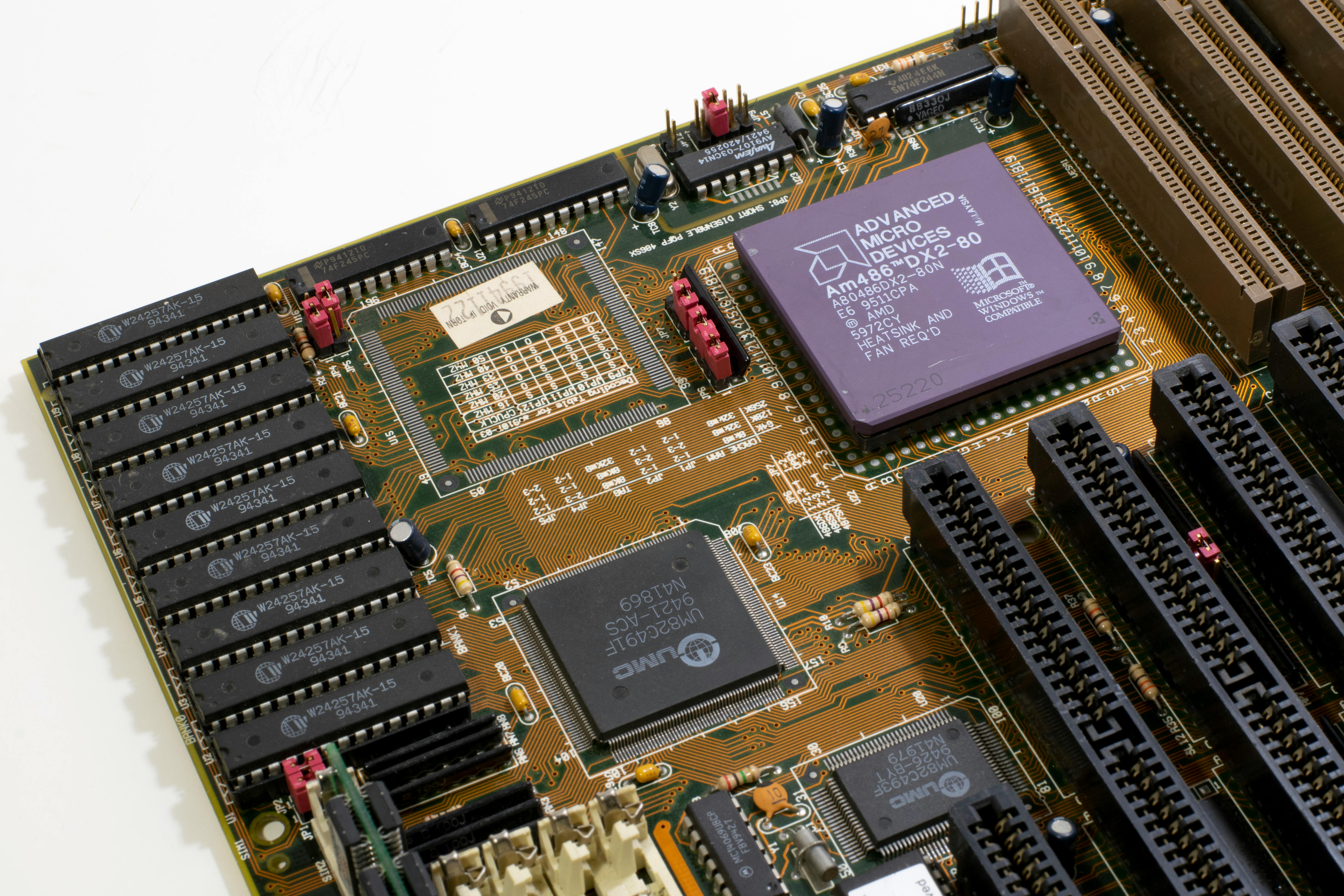Introduction
Orange Pi One is a low cost drop-in replacement of Raspberry Pi. Keeping this in mind, we decided to get IRIS2000 working with Orange Pi. The model we choose was Orange Pi One which is by far lowest cost model:
The best thing about Orange Pi One is that its GPIO connector is compatible with Raspberry Pi thus making the transition painless. Once you have the board and other accessories (power supply, USB cable, SD card etc.), follow the steps below to get IRIS2000 working with this low cost computer.
Step 1: Mount the iris2000 on Orange Pi
IRIS2000 mates with first 26 pins of Orange Pi One GPIO while for audio interface, a M-M USB type A cable is used to connect IRIS2000 USB port to one and only USB port on Orange Pi One.
Step 2: Setting up Linux environment
Get a good Linux distro. We tried various but found debian jessie from armbian to be the best. You can download it from this page:
Extract the image, burn it to an 8 GB SD card and insert it into micro SD card slot in Orange Pi board. Power up the board. If everything goes well, you should be able to SSH to the board with following default credentials:
Login: root
Password: 1234
You will be asked to change password on first boot as well as create a user account.
Note: You should be able to use keyboard and mouse if you have connected HDMI display. However, we didn’t see any activity on LCD and assumed either cable was faulty or the interface on the board itself was to blame.
Step 3: Installing required libraries
As for Raspberry Pi, you need to install two libraries required by iris2000 firmware:
- libasound2-dev
- wiringPi
libasound2-dev is standard ALSA library and can be installed with apt-get. For Orange Pi, a modified version of wiringPi called WiringOP is available here:
https://github.com/zhaolei/WiringOP
The installation process is quite straight forward, just clone the repository and build:
git clone https://github.com/zhaolei/WiringOP.git -b h3 && cd WiringOP
chmod +x ./build
sudo ./build
That’s it. The library will be installed and you can run all wiringPi tests.
From here on, you can verify ALSA device number of USB codec and update cpe.conf accordingly.
Conclusion
Getting IRIS2000 working with Orange Pi One was difficult but fun. We had to try a number of Linux distros before we settled down on armbian. The efforts paid up and we have a even lower cost supported platform.
That’s all for now. Good luck with your next Pi (Raspberry or Orange) project. Feel free to ask questions!

